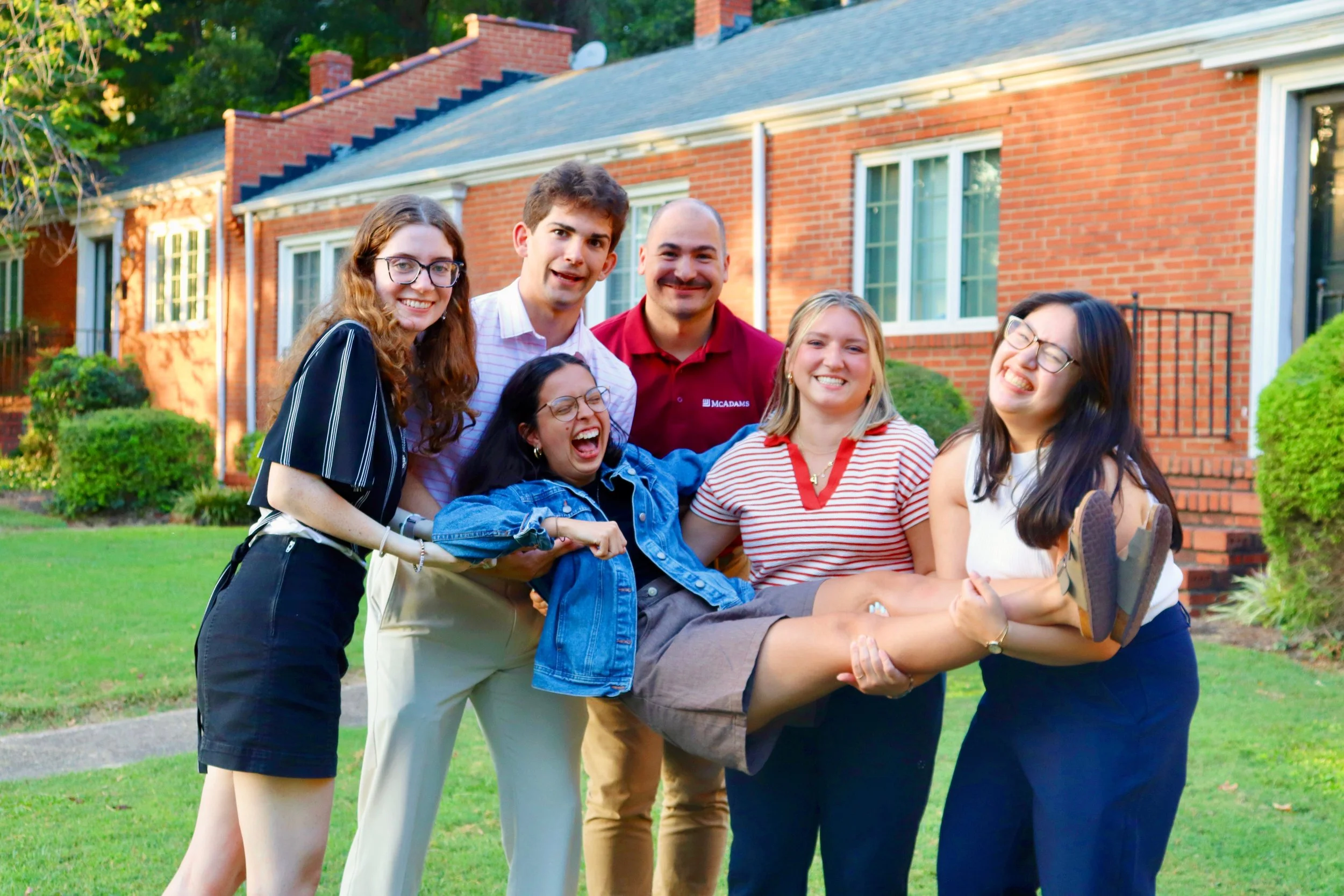I was recently invited to read and weigh-in on Ken Wytsma’s new book The Grand Paradox: The Messiness of Life, the Mystery of God and the Necessity of Faith as part of the Patheos Book Club. The author describes his book as “a frank conversation about the true nature of the Christian faith” seeking to address the question: “If we were made for relationship with God, why do we often feel lost and distant from him?” The problem with the ensuing 210-page discussion is that our sin isn’t a major part of it. In fact, it's barely mentioned. The reality, though, is that our sin plays a major role in the matter.
“And you were dead in the trespasses and sins in which you once walked, following the course of this world, following the prince of the power of the air, the spirit that is now at work in the sons of disobedience—among whom we all once lived in the passions of our flesh, carrying out the desires of the body and the mind, and were by nature children of wrath, like the rest of mankind.” (Eph. 2:1-3)
We come into this world spiritually dead. A symptom of our spiritual deadness is a rebellion against God, a hatred of his authority over us. Like everyone else before us, we didn't want a relationship with God. We wanted to be our own gods. And this disease of sin blinded our eyes so much so that we actually believed that we were okay and that life apart from God was not only possible but preferred!
“But God, being rich in mercy, because of the great love with which he loved us, even when we were dead in our trespasses, made us alive together with Christ—by grace you have been saved.” (Eph. 2:4-5)
The Spirit of God has made our souls alive, and he dwells within us. For the first time, we are able to see things as they truly are: the rebellious self-worship that oozes from our core, the glorious perfection of God, our deserving of an eternal death sentence, and our receiving unmerited and eternal love from our heavenly Father in condemnation's place. But...we are not yet loosed from the grip of our old selves, not completely (though we will be). Thus, the table is now set for the grand paradox:
“For I do not understand my own actions. For I do not do what I want, but I do the very thing I hate. …For I know that nothing good dwells in me, that is, in my flesh. For I have the desire to do what is right, but not the ability to carry it out. For I do not do the good I want, but the evil I do not want is what I keep on doing. Now if I do what I do not want, it is no longer I who do it, but sin that dwells within me. …For I delight in the law of God, in my inner being, but I see in my members another law waging war against the law of my mind and making me captive to the law of sin that dwells in my members.” (Rom. 7:15-23)
The grand paradox, then, is this ongoing war between our old selves who hate God and our new selves who love God. Jesus' call to "repent and believe in the gospel" is now rightly understood as continuous and central to our existence, not something that happens once and for all when we come to faith. As the Spirit of God enables us to see and confess more of our sin and ask our loving Father to transform us, he is faithful to “forgive us our sins and to cleanse us from all unrighteousness” (1 John 1:9). God lovingly and supernaturally humbles us in the face of our sin and his love for us; it sobers us up, so to speak.
How does this practically impact our daily lives? The Gospel actually incentivizes us to be honest and open about our sin and shortcomings with God and one another. To do so is evidence that we have believed the Gospel in the first place, evidence that we are not counting on our own efforts to earn right relationship with God, evidence that we believe that the work of Jesus on our behalf is sufficient, evidence that we love and trust God.
"There is therefore now no condemnation for those who are in Christ Jesus. For the law of the Spirit of life has set you free in Christ Jesus from the law of sin and death. For God has done what the law, weakened by the flesh, could not do. By sending his own Son in the likeness of sinful flesh and for sin, he condemned sin in the flesh, in order that the righteous requirement of the law might be fulfilled in us, who walk not according to the flesh but according to the Spirit." (Romans 8:1-4)





